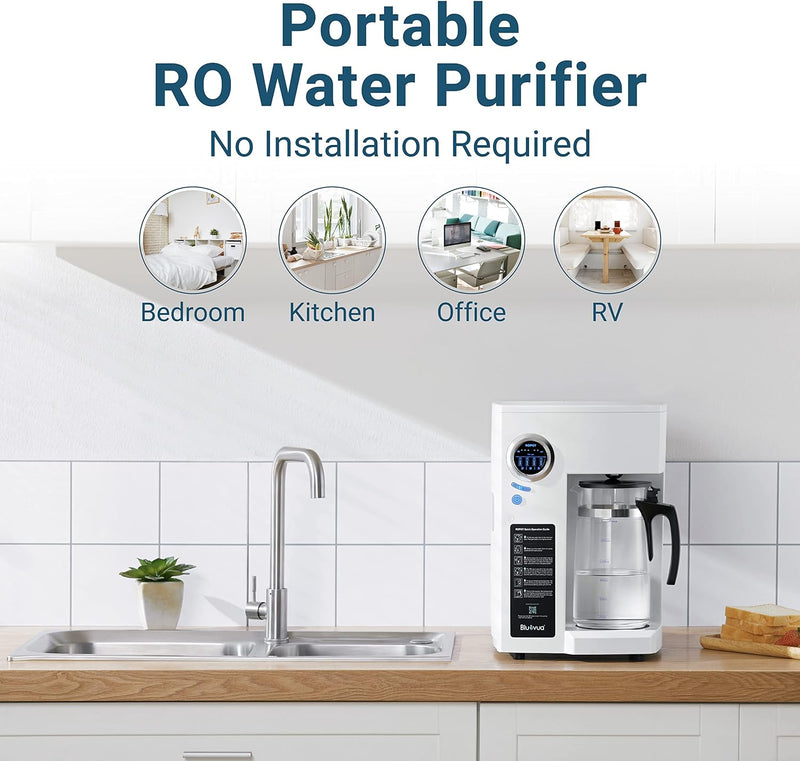The Benefits of Using a Reverse Osmosis System Countertop in Industrial Settings
Cuerpo
In industrial settings, the quality of water can significantly impact the efficiency and longevity of machinery, as well as the quality of the products being manufactured. One effective solution to ensure high-quality water is the reverse osmosis system countertop. This article delves into the benefits of using such systems in industrial environments.

What is a Reverse Osmosis System Countertop?
A reverse osmosis system countertop is a compact, portable water filtration unit that uses the reverse osmosis (RO) process to remove impurities from water. These systems are designed to sit on a countertop, making them ideal for both residential and industrial applications. But why should industries consider using them?
Advantages of Reverse Osmosis Systems in Industrial Settings
There are several advantages to using a reverse osmosis system countertop in industrial environments:
- Improved Water Quality: RO systems effectively remove contaminants such as heavy metals, chemicals, and microorganisms, ensuring that the water used in industrial processes is of the highest quality.
- Cost-Effective: By providing clean water, these systems can reduce the wear and tear on machinery, leading to lower maintenance costs and longer equipment lifespan.
- Environmental Benefits: Using an RO system can reduce the need for chemical treatments and the disposal of contaminated water, promoting a more sustainable operation.
How Does a Reverse Osmosis System Work?
The reverse osmosis process involves forcing water through a semi-permeable membrane. This membrane filters out impurities, allowing only clean water to pass through. The contaminants are then flushed away, leaving behind purified water. This process is highly effective in removing a wide range of impurities, making it ideal for industrial applications.
"Reverse osmosis systems are a game-changer for industries looking to improve water quality and reduce operational costs." - Water Filtration Expert
Key Features to Look for in a Reverse Osmosis System Countertop
When selecting a reverse osmosis system countertop for industrial use, consider the following features:
- Filtration Capacity: Ensure the system can handle the volume of water required for your operations.
- Durability: Look for systems made from high-quality materials that can withstand industrial conditions.
- Ease of Maintenance: Choose a system that is easy to maintain and has readily available replacement parts.
Real-World Example: The AquaTru Countertop RO System
One excellent example of a reverse osmosis system countertop is the AquaTru Countertop RO System. This system is known for its high efficiency and ease of use, making it a popular choice in various industrial settings.

For a more detailed understanding of how reverse osmosis systems work, you can watch this informative video.
In conclusion, a reverse osmosis system countertop offers numerous benefits for industrial settings, including improved water quality, cost savings, and environmental advantages. By investing in a high-quality RO system, industries can ensure the efficiency and longevity of their operations.










Comentarios